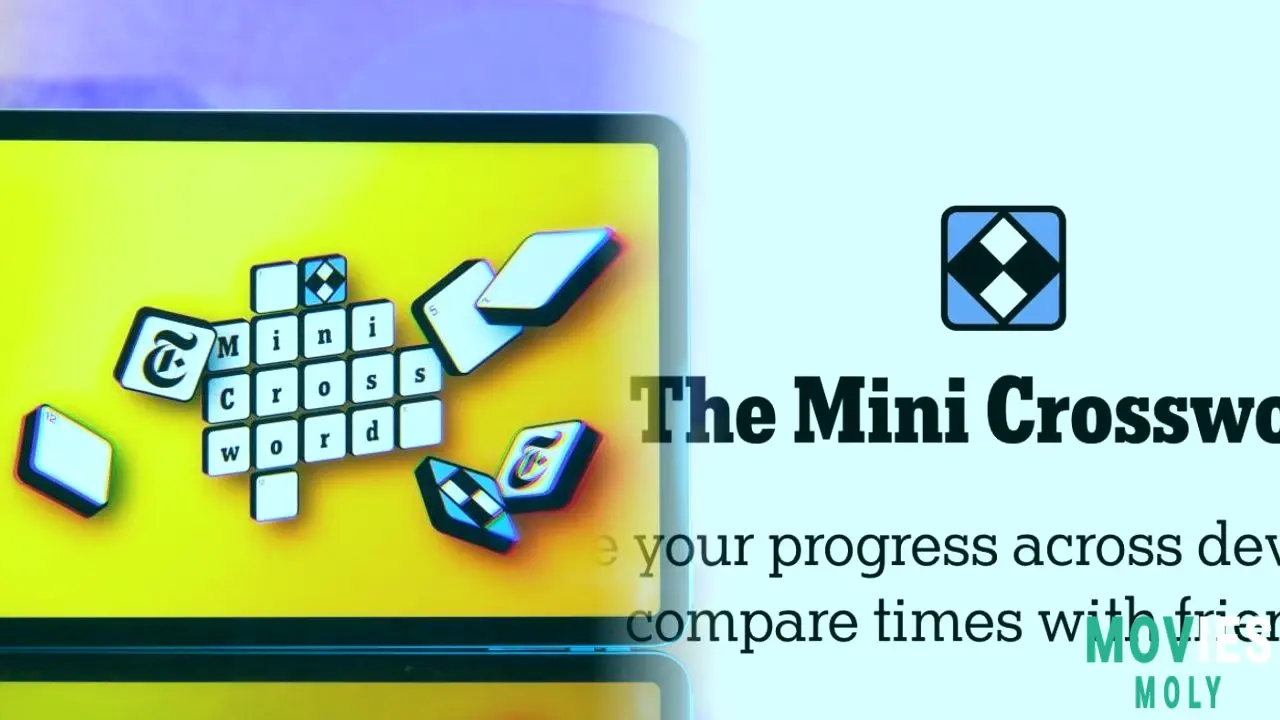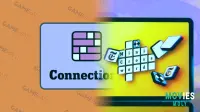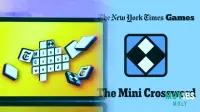If you're anything like me, you start each day with some mental exercise. For many, that entails tackling the New York Times Mini Crossword. It's a little puzzle, a bite-sized treat that offers a brief burst of mental stimulation. It typically delivers. But every now and again, a clue comes your way. It puts you out cold. You stare at it, knowing it should be simple, yet the answer does not appear. Consider a clue like "voting districts." It appears simple enough, yet short, frequent words might be the most difficult to learn. The feeling of being baffled is part of the Mini's appeal. It makes the inevitable "aha!" moment even more enjoyable.
The Mini is somewhat different from its larger sibling, the full daily crossword. The larger puzzle is a longer process that requires expertise and patience to complete. The Mini represents a whole different mood. With only a few hints to solve, this daily puzzle quickly becomes a speed test for many who play it. People attempt to fix it as quickly as possible. So when a tough clue disrupts that rhythm, it may be very unpleasant. If you find yourself trapped playing the Mini, as with Wordle or Connections, you are not alone. Even the best of us are not immune.
The Mini holds a unique position in the realm of internet puzzles. It is free to play, which is a major advantage. You don't need a subscription to the New York Times to read it. This openness means that anyone can participate. It has become a regular daily habit for many individuals around the world. It's something quick you can do while sipping your coffee. Or perhaps while waiting for anything to load onto your computer. It provides a light cerebral workout without taking up too much time in your day. This accessibility is a large part of why it has become so popular. It's a quick and enjoyable way to feel smart for a moment.
Unpacking the Frustration When a Seemingly Simple Clue Like "Voting Districts" Breaks Your Solving StreakWhy Common Words Can Be the Most Difficult Nuts to Crack in a Quick Daily Puzzle
Let's talk about those times when a hint simply lies there teasing you. A clue like "voting districts" seems like something we should all know right away. We use these words frequently in ordinary conversation. But the puzzle causes your brain to scramble. It attempts to think of every potential word that matches the letters and the meaning. Your normal words do not fit. You try synonyms. You consider diverse contexts. It's a real brain freeze. This style of block is prevalent in crossword puzzles. When you're under pressure or striving to beat your best time, it can be difficult to recall a simple word.
This challenge is what keeps the players coming back. If every hint was simple, the puzzle would lose its appeal. A little bit of frustration makes triumph more sweeter. When you finally find the clue that has been glaring you down, you get a rush. It's a small victory in your day. This is especially true for the Mini, as each accurate letter speeds up the unlocking process. A right response can lead to two or three more. This sense of development is satisfying. It makes you feel like you're really using your brain. It's more than simply guessing letters. It is about comprehending the puzzle maker's mindset.
Sometimes the trick is more than just knowing the word. It is understanding how the puzzle maker thinks. They might utilize a familiar word in an unusual way. Alternatively, they may be looking for a particular specific term that matches the grid precisely. This is when familiarity with the New York Times style comes in useful. Over time, you begin to recognize their patterns. You learn their tiny tricks. However, even the most seasoned problem solvers get stuck. That's the beauty of it. The Mini still has the ability to surprise us. It can still test us in unexpected ways. That prevents it from becoming dull. Every day brings new word puzzles.
Strategies for Overcoming the Mini Crossword's Difficult Clues and Finding Your Flow Again
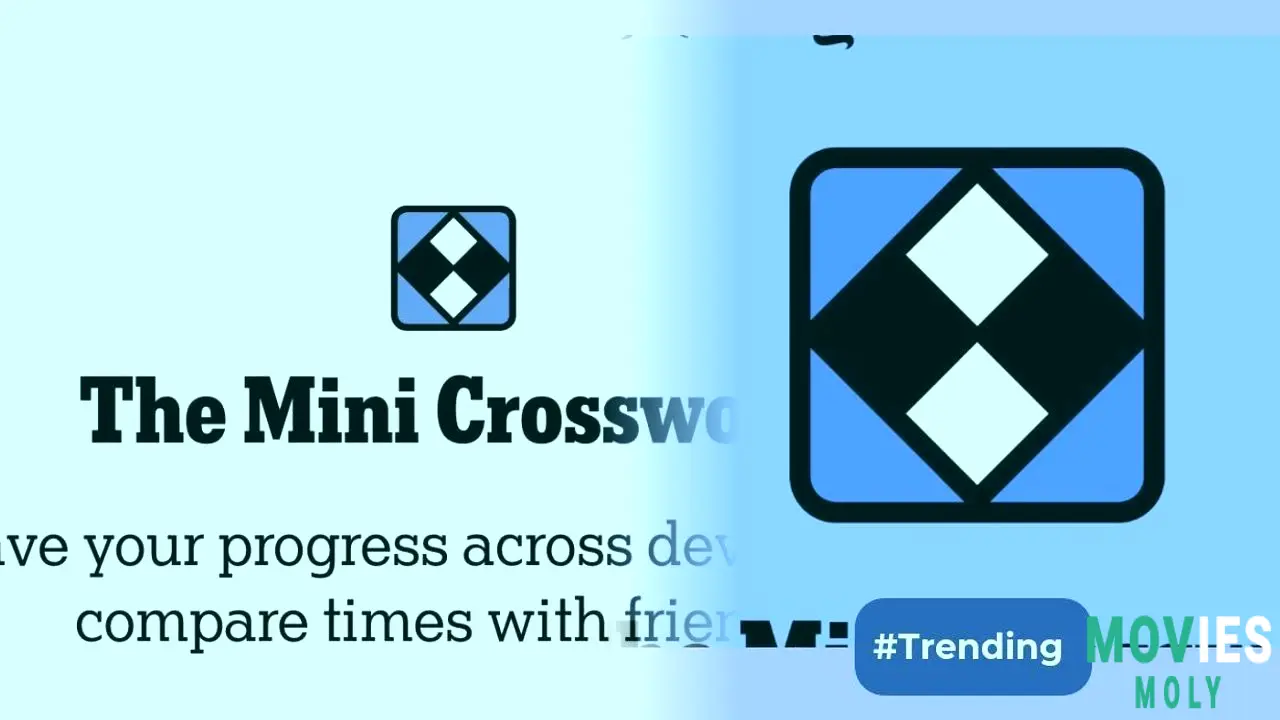
Tips for Navigating Challenging Daily Puzzles When the Answers Appear to Hide from You
So, what do you do when you are stuck on a hint like "Voting districts"? My first recommendation is to move around. Do not gaze at a single blank space for too long. Move on to additional clues that appear to be easier. Filling in a few other words will usually reveal the letters for the one you're stuck on. Sometimes just seeing one letter might trigger the memory of the entire word. It's as if the puzzle progressively reveals itself to you, piece by piece. This method works well for any crossword, but especially for the Mini, which has a small grid. Every letter helps tremendously.
Another thing I do is read the hint aloud. Hearing the words can occasionally set up a reaction. Alternatively, attempt to think of alternate meanings for each word in the clue. For "voting districts," you might think of polling places or municipal parts. This helps to extend your thinking. It allows you to examine all possibilities. Also, consider the portion of speech. Is that a noun? A verb? An adjective? The Mini typically provides plain clues, but they do enjoy playing with language on occasion. Being aware of these factors can make a difference. It can assist you find the answer that was there in front of you.
Finally, don't be scared to step away for a moment. If you're truly stuck, put your phone down or shut the tab. Take a drink of water. Look outside the window. Sometimes all your brain needs is a few seconds to stop thinking about the puzzle. When you return, the answer may just spring out at you. It's as if your brain is working on it in the background without you realizing it. This mental reset can be really powerful. It can transform a frustrating situation into a swift victory. It is a wonderful reminder that puzzles should be enjoyable, not stressful.
Why the New York Times Mini Crossword is more than just a puzzle but a daily ritual for many.
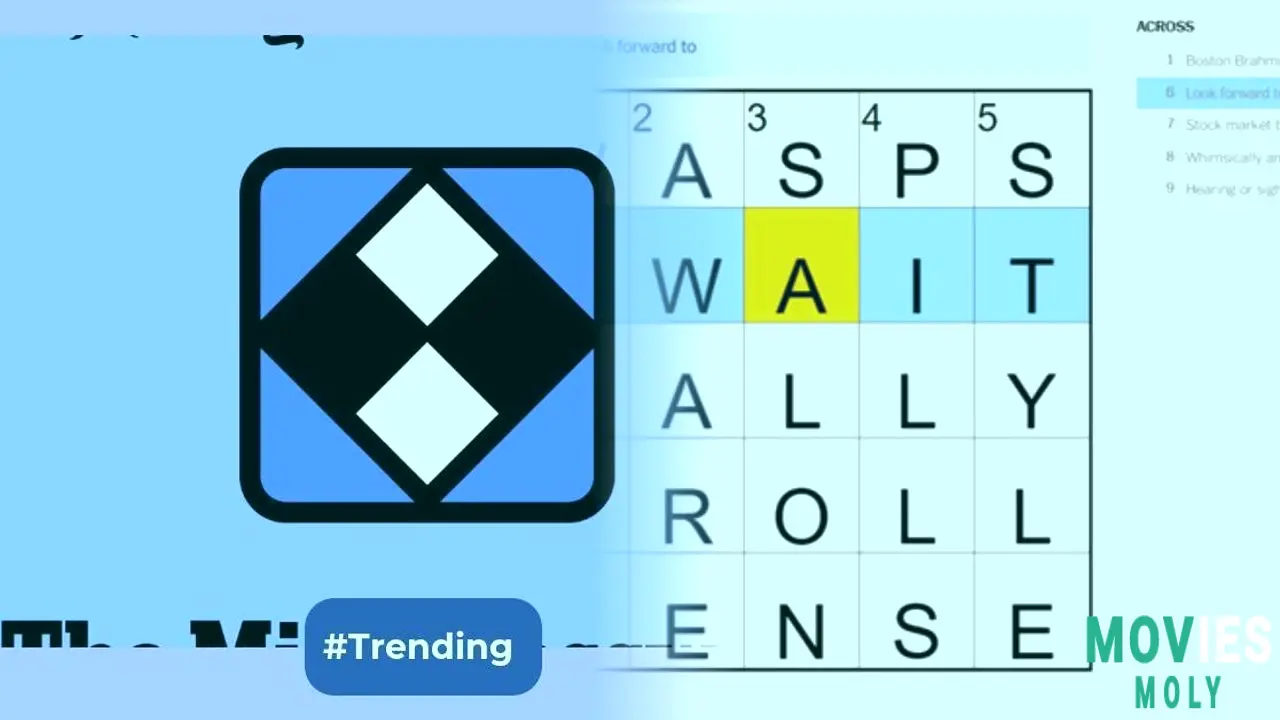
Connect with the simple joy of solving and anticipating the next day's brain teaser.
The New York Times Mini Crossword isn't just a game. For many, it is a daily occurrence. It is a soothing portion of the morning or a little break throughout the day. It provides a little but rewarding sense of accomplishment. In a world that is frequently chaotic, the Mini brings a small amount of order. It presents a challenge that we can genuinely tackle. It allows us to feel good about our intellect. I look forward to this little pleasure every day. It is a calm period of concentration and enjoyment.
When you finish the problem, especially when you solve a difficult hint like "Voting districts," you feel great. You've used your brain. You've surmounted a minor challenge. It sets a pleasant tone for whatever happens next. This feeling is what keeps so many of us going back. It is about personal satisfaction. It's about giving our days a little extra lift. And then, as soon as it's completed, we begin thinking about tomorrow. What new words will appear? What tough clues will the puzzle creator throw our way? Anticipation is part of the fun.
So, whether you're an experienced solver looking to beat your best time or a beginner, the Nyt Mini Crossword has something for everyone. It's an innovative and easy way to stimulate your mind. It serves as a reminder that even minor trials can result in significant rewards. So go ahead and answer today's problem. Don't worry if you get stuck on one or two words. It happens to everyone. That is part of the trip. And this is why we keep playing. We keep returning for more.

